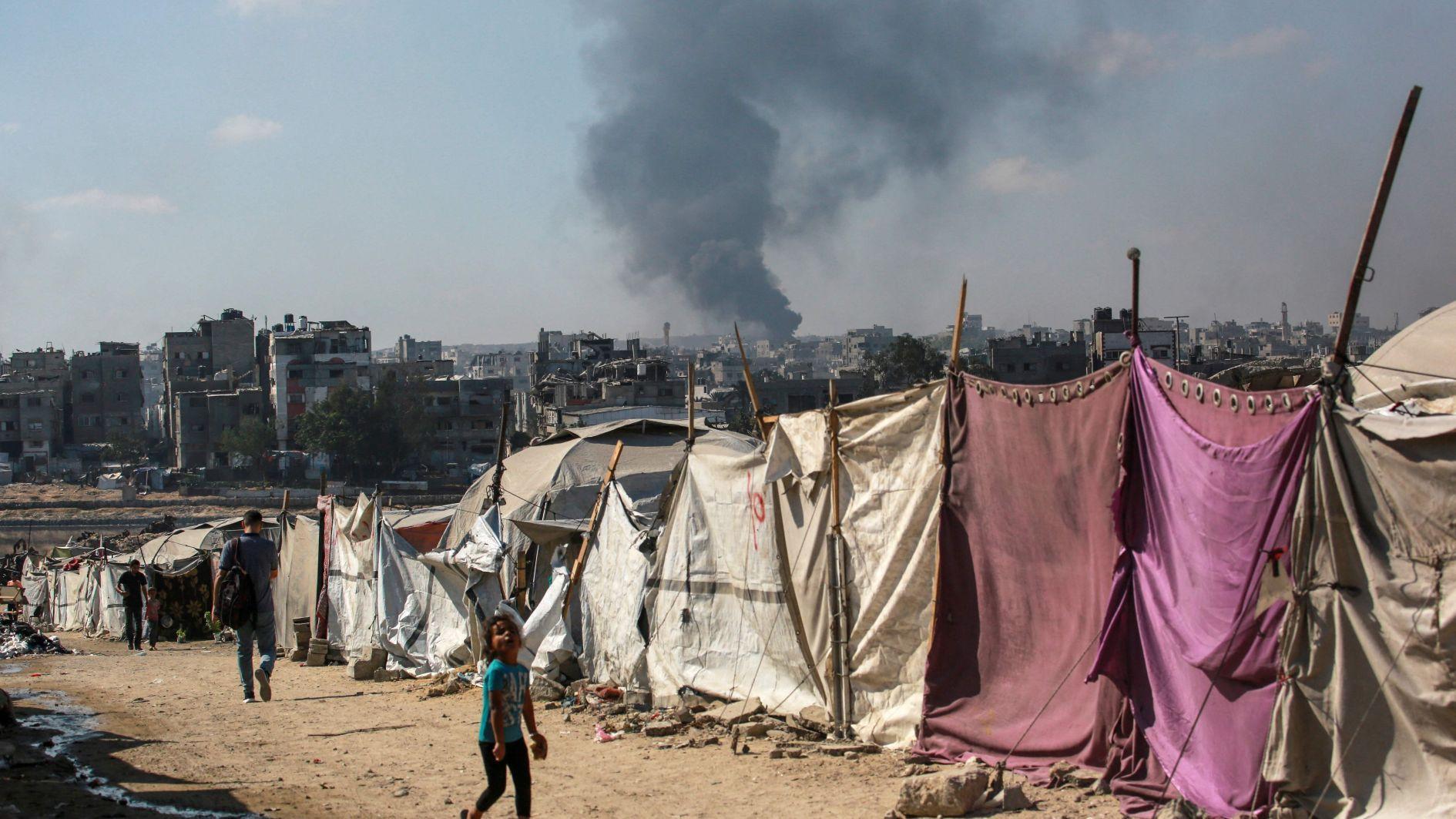
Indirect negotiations between Israel and Hamas are set to resume on July 6 in Doha for a Gaza truce and hostage release deal, ahead of a visit by Prime Minister Benjamin Netanyahu to the White House.
Netanyahu earlier announced he was sending a team to Qatar, a key mediator in the conflict, though he said Hamas' response to a draft U.S.-backed ceasefire deal contained "unacceptable" demands.
Under mounting pressure to end the war, now approaching its 22nd month, Netanyahu is scheduled to meet on July 7 with U.S. President Donald Trump, who has been making a renewed push to end the fighting.
Trump has vowed to be tough on Netanyahu as he hopes to use the momentum from the truce between Iran and Israel to secure a ceasefire in the devastated Palestinian territory, too.
Netanyahu, who is making his third visit to the White House since Trump returned to power in January, has vowed to crush Hamas before ending the conflict.
Yet Trump, determined to win the Nobel peace prize and riding a wave of recent foreign and domestic policy victories, is making a renewed push for a result.
"There could be a Gaza deal next week," Trump told reporters on Air Force One on July 4. He said he was "very optimistic" about a deal but added that "it changes from day to day. It's been changing for years."
A Palestinian official familiar with the talks and close to Hamas said international mediators had informed the group that "a new round of indirect negotiations... will begin in Doha today [July 6].”
The group's delegation, led by its top negotiator Khalil al-Hayya, arrived in the Qatari capital.
The proposal included a 60-day truce, during which Hamas would release 10 living hostages and several bodies in exchange for Palestinians detained by Israel.
Rafah ‘aid city’ plan sparks tensions in cabinet
Meanwhile, Netanyahu has instructed the military to establish a so-called “humanitarian aid city” in southern Gaza’s Rafah, even if a new ceasefire deal is reached, Israeli media reported.
The directive led to heated exchanges in the security cabinet, where far-right Finance Minister Bezalel Smotrich accused the army of failing in Gaza, clashing with army chief Eyal Zamir.
While some ministers pushed for military rule in Gaza or even “voluntary migration,” Foreign Minister Gideon Saar warned that war without humanitarian aid is unsustainable. Israel’s insistence on maintaining control over Rafah remains a key obstacle in ongoing truce talks with Hamas.